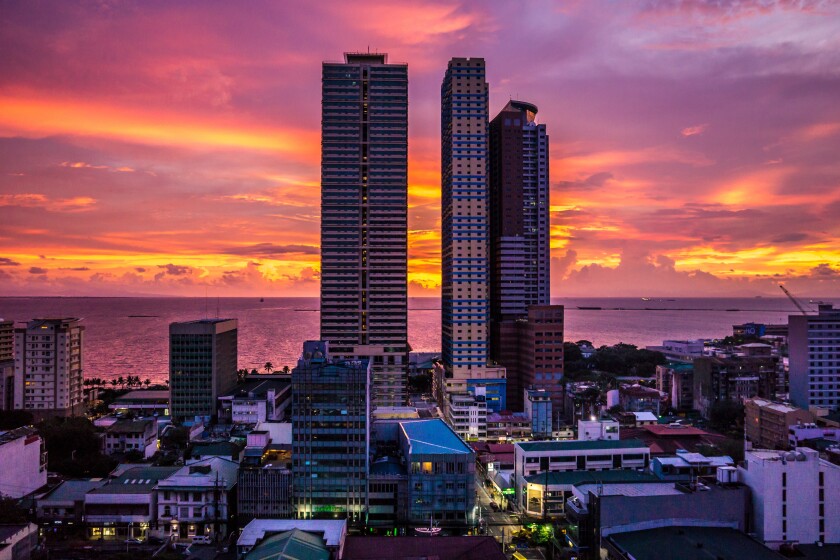On August 29, 2023, the Intellectual Property Office of the Philippines (IPOPHL) conducted a public consultation regarding the planned accession to the WIPO Hague Agreement for the International Registration of Industrial Designs. The Hague Agreement, which has 96 member countries and 79 contracting parties, provides for an international mechanism called the Hague System to simultaneously secure and manage design rights in different jurisdictions.
At present, nationals or residents of the Philippines who wish to protect their design rights in markets of interest must file separate applications in their desired countries, which may have different translation requirements, fees, and procedures as provided by the Paris Convention, of which the Philippines is a signatory. Under the Hague System, the procedure is simplified since there is a single application, a choice of one language (likely English), one currency for fees (Swiss Francs), centralised management, and greater flexibility since the design rights holders can target national, regional or global markets.
Right now, in the Association of Southeast Asian Nations (ASEAN) region the following countries have already joined the Hague Agreement: Brunei, Cambodia, Singapore and Vietnam. Embodied in the ASEAN IPR Action Plan for 2016-2025 is its strategic goal to accede to international treaties such as the Madrid Protocol, the Hague Agreement and the Patent Cooperation Treaty. In line with the ASEAN’s goal to transform itself into an “innovative and competitive region thru the use of intellectual property”, the Philippines thru the IPOPHL has drawn a roadmap for its accession to the Hague Agreement:

The IPOPHL aims to increase local and international filings and registrations of industrial designs by enhancing the country’s legal framework, developing strategic partnerships and adopting international best practices.












